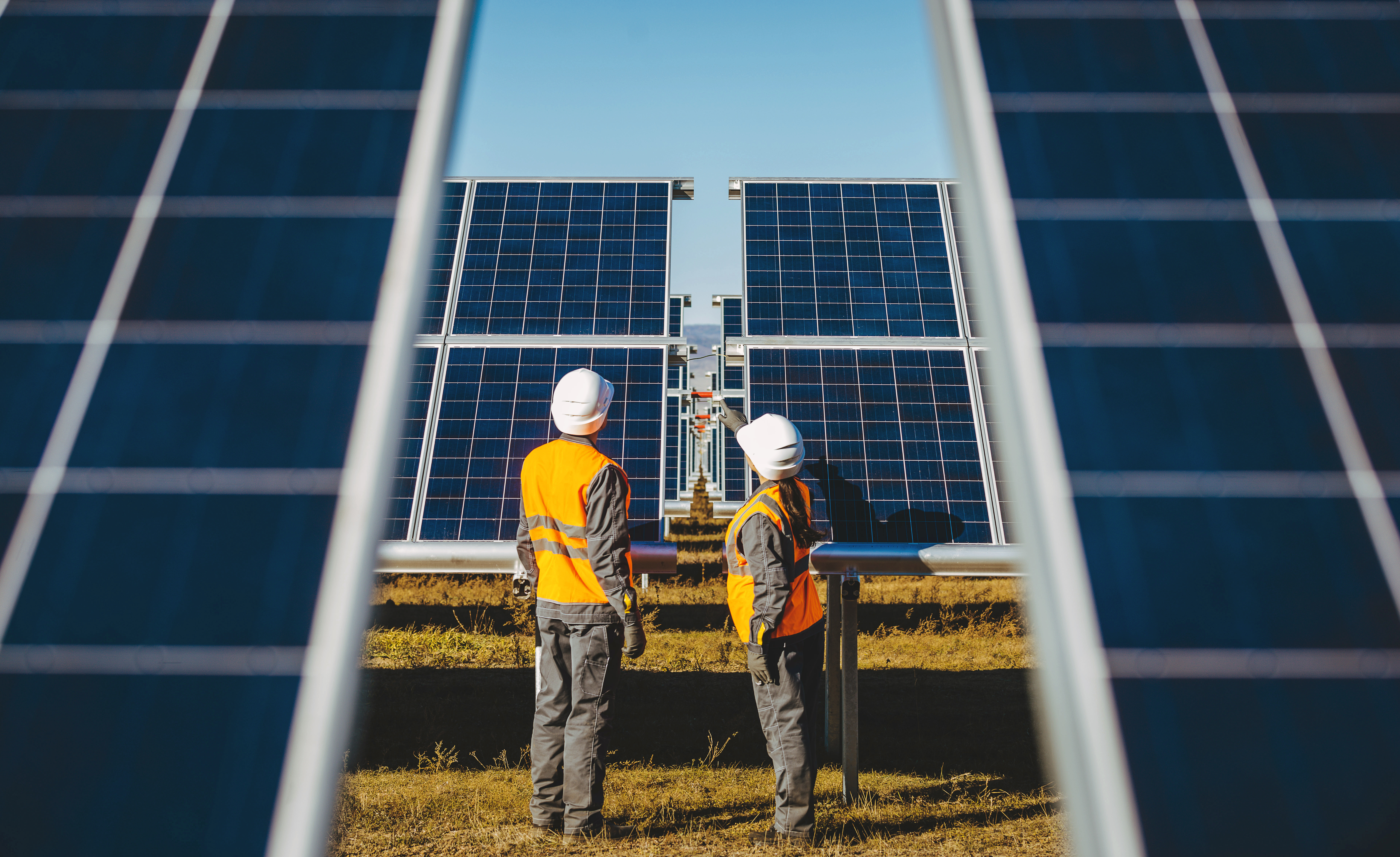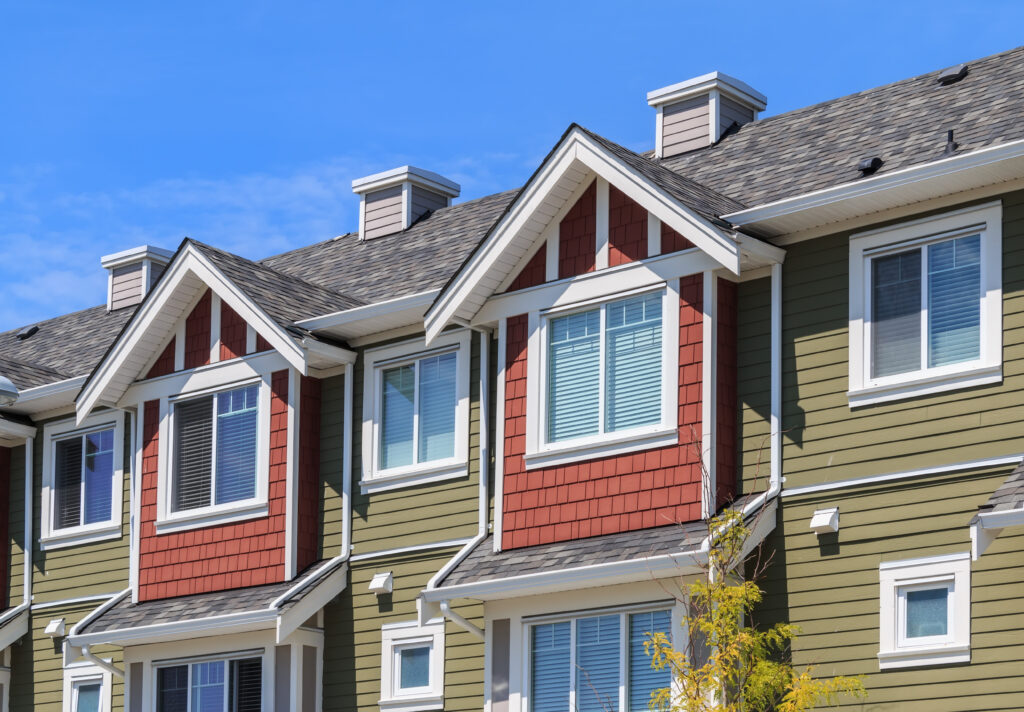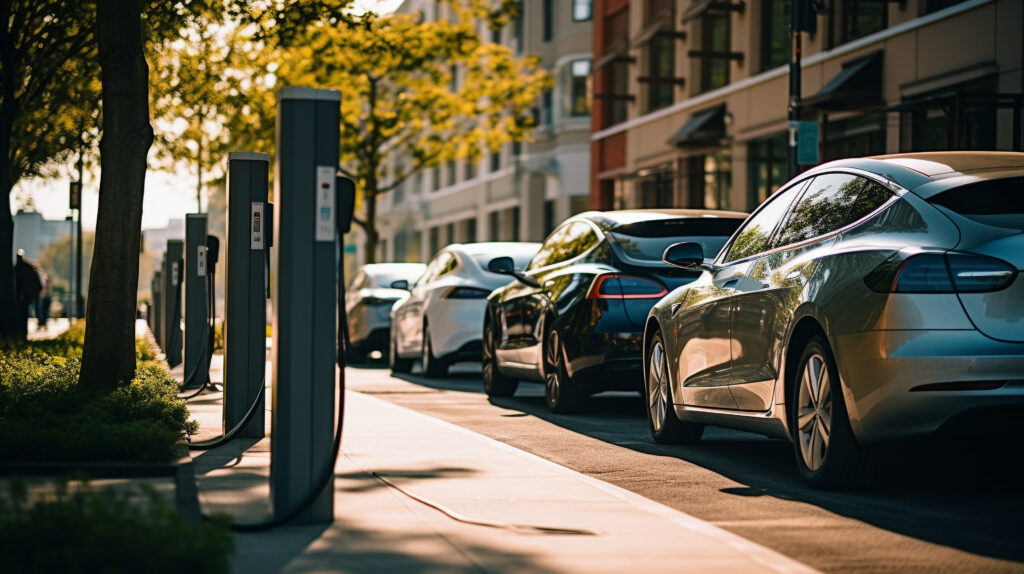
Expanding Electrified Public Transit to Connect Affordable Housing
The proposed project focuses on enhancing community resilience in Chatham County by improving transportation connectivity, particularly in historically disadvantaged areas. Chatham Area Transit (CAT) currently faces challenges in providing broad and reliable connectivity, especially in areas with the greatest needs. The SMART project aims to address this by planning and... Read more

Addressing Flood Mitigation Through Innovative Infrastructure Design and Urban Planning
In response to the escalating impacts of climate change on Jacksonville, FL, the city has initiated a project to develop climate-resilient infrastructure design standards. With rising temperatures, increased rainfall, and coastal storms affecting vulnerable communities disproportionately, the city is partnering with FUSE to create a comprehensive Climate Resilient Design Guidelines... Read more

Enabling Resilience Capabilities Across Atlanta
In response to the deeply rooted challenges of racial segregation, economic disparity, and limited life opportunities faced by residents in Atlanta, Mayor Andre Dickens has launched a transformative initiative to make the city the best place in the country to raise a child. Recognizing the need for immediate and direct... Read more

Curbing Commercial Energy Use Through Equitable Legislation Design
New Orleans is committed to reducing greenhouse gas emissions and improving building energy efficiency. It has successfully reduced energy use in its City buildings and launched the Downtown Energy Challenge. Despite restrictions on regulating natural gas use in private buildings, the City aims to lead by example and encourage others... Read more

Increasing Revenue for Sustainable Water Systems
Water and drainage management in New Orleans faces significant challenges due to outdated metering systems, insufficient staffing, and many delinquent accounts. The Sewerage and Water Board of New Orleans (SWBNO) relies on revenue from water bill payments to upgrade and expand the necessary infrastructure. However, revenue collection has been difficult,... Read more

Addressing Extreme Heat Through Urban Forestry
The City of Jacksonville, FL, is experiencing the devastating effects of climate change and urban heat island (UHI), leading to more frequent and intense heat waves. These heat waves significantly threaten public health and infrastructure stability, especially in historically disinvested communities that face intersecting vulnerabilities. Jacksonville is partnering with FUSE... Read more

Building a Carbon Footprint Reduction Strategy
DeKalb County in Georgia is a diverse county within the Atlanta metro area, with a population exceeding 750,000 people. It is renowned for institutions like Emory University and the U.S. Centers for Disease Control and Prevention, as well as its natural sites and historical landmarks. However, due to ongoing development,... Read more

Affordable Housing, Energy Efficiency, and Climate Resilience
The Durham Housing Authority recognizes the ongoing challenge of preserving affordable housing and aims to address it by incorporating climate resilience and sustainable design principles. By partnering with FUSE, they seek to assess funding opportunities, improve the health and energy efficiency of existing and new affordable housing, and develop a... Read more

Vehicle Electrification for Health and Equity
The community of Durham aims to address the challenge of reducing greenhouse gas (GHG) emissions and promoting environmental justice for historically disinvested communities. By partnering with FUSE, Durham plans to develop and execute a strategic plan to equitably electrify the city's fleet and personal vehicles, focusing on expanding access to... Read more

Energy Efficiency in Water Utilities
The community strives to address the high energy consumption issue within the Sewerage and Water Board of New Orleans (SWBNO). Despite previous efforts to improve energy efficiency, there is still untapped potential for energy savings within SWBNO's facilities. The community is dedicated to reducing energy consumption to operate more cost-effectively... Read more
